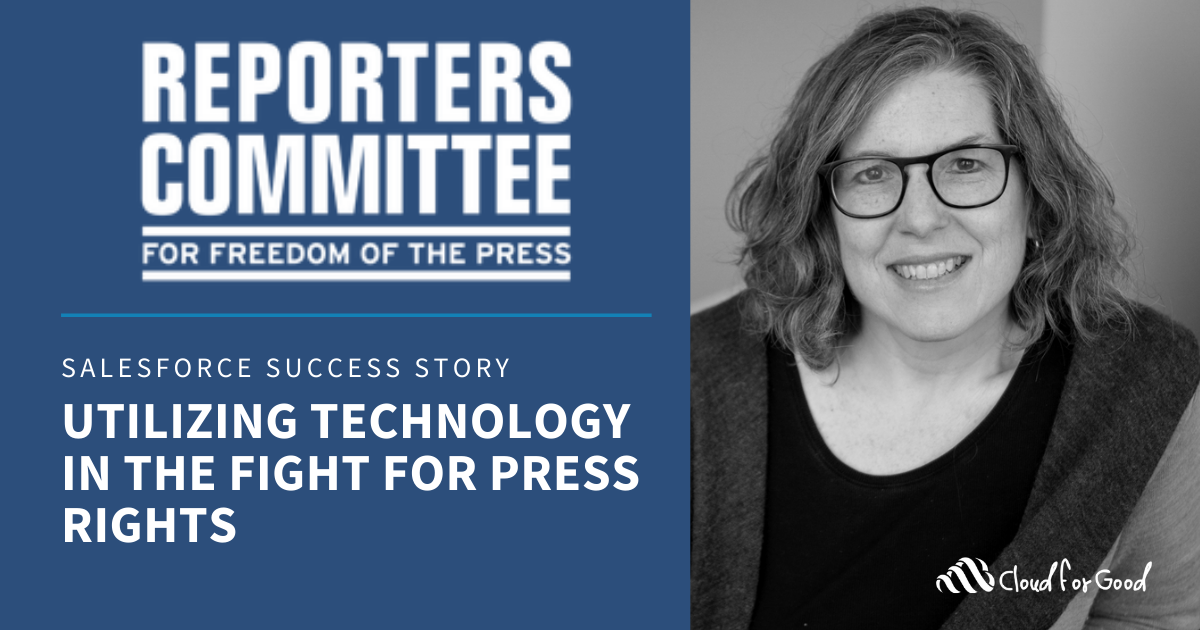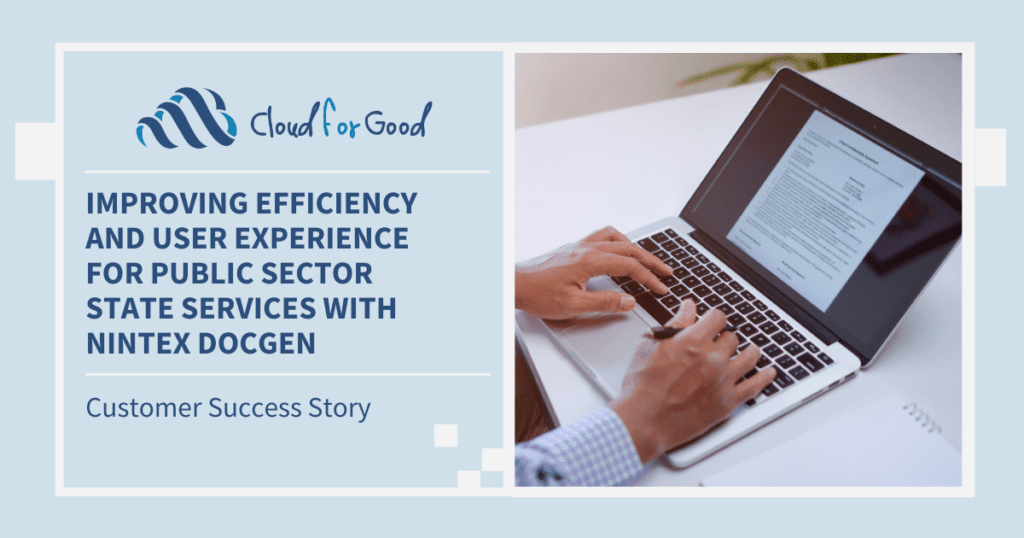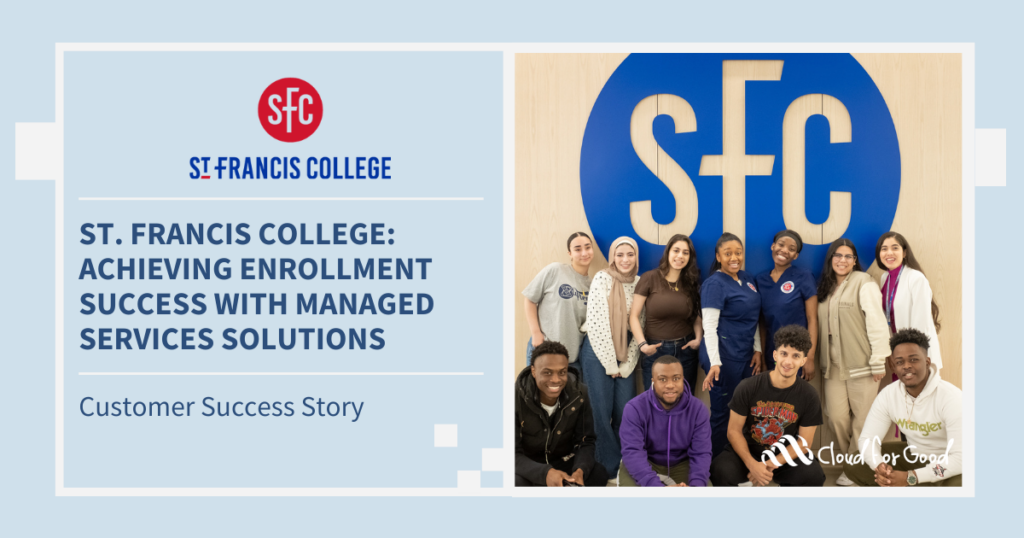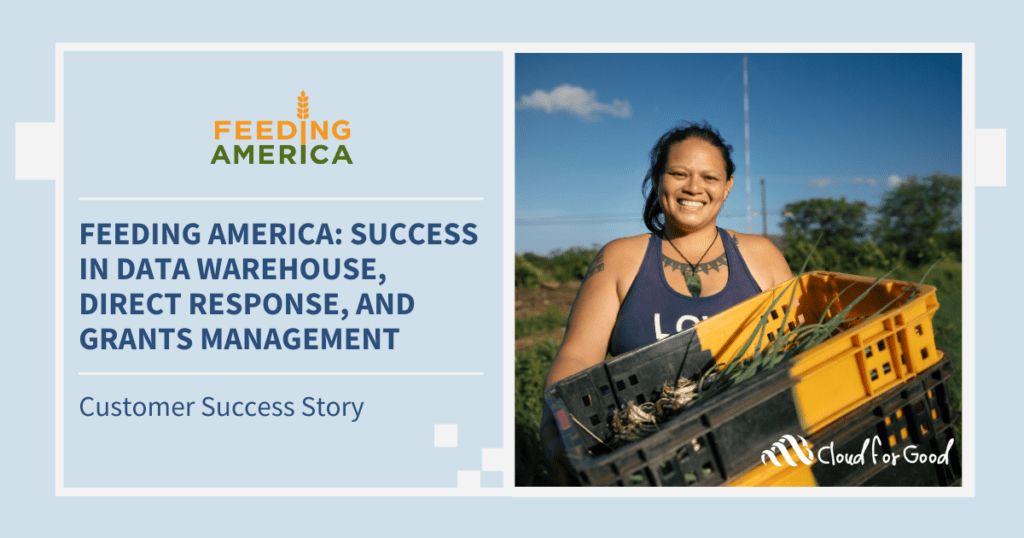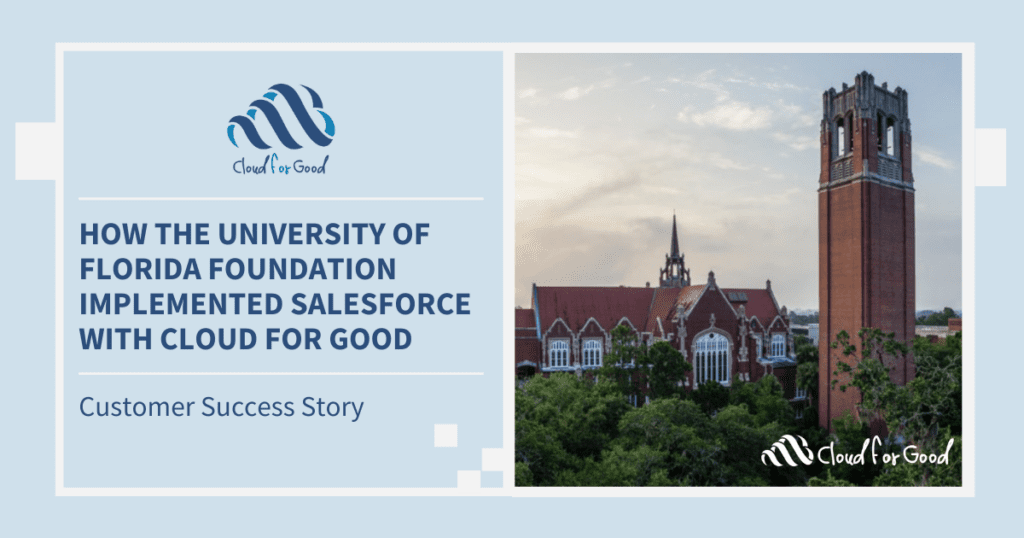The Reporters Committee for Freedom of the Press has never been more essential to the American people. In a year when the U.S., among so many other nations across the globe, has been locked in battle against two distinct crises — the COVID-19 pandemic and the continued racial injustices inflicted upon Black Americans — the Reporters Committee has fervently protected and supported the reporters, news outlets, and documentary filmmakers who are shining a light on these scourges to our society.
Founded by leading journalists in 1970, the Reporters Committee is the only national legal services nonprofit organization dedicated to supporting and defending the rights of journalists and news organizations through pro bono representation, amicus curiae support, and pre-publication review. The organization also offers other free legal resources and guides for reporters. Now, in 2020, the Reporters Committee defends and supports American journalists who are on the front lines reporting the news and providing critical information that the public needs to navigate these turbulent times, scaling their efforts through Salesforce to meet an unprecedented rise in need.

Meeting the Moment
Journalists seeking legal assistance can reach a Reporters Committee attorney seven days a week by contacting the organization’s Legal Hotline. Journalists can also access an extensive resource base of educational guides and sign up for training on their newsgathering rights. The Reporters Committee’s support of American journalism extends far beyond education, taking on free press issues in the courtroom as well. Between direct representation of clients and its amicus, or “friend-of-the-court,” practice, Reporters Committee attorneys are regularly involved in First Amendment, public records and court access cases, and other matters where newsgathering rights are at play in courts across the country.
The Reporters Committee entered into a partnership with Cloud for Good to strategically transform the way the Reporters Committee uses Salesforce, binding the organization’s services together, and enhancing and empowering each facet of its overarching mission.
“The implementation of Salesforce goes above and beyond for us. The capability of our system, to manage all our connections to journalists and news organizations across the country, is so much more powerful through Salesforce,” says Josh Moore, Program Attorney, and Salesforce administrator. Prior to using Salesforce, the Reporters Committee’s data and contacts were spread across several different systems, incorporating various tools built in-house to track and categorize their services. The organization originally implemented Salesforce’s Nonprofit Cloud in 2018 and has utilized Cloud for Good’s Managed Services ever since to support the growth of its technology strategy.
Director of Business Operations Kirsten Poole joined the Reporters Committee in 2017 and has witnessed firsthand this incredible transformation, both in terms of technology and organizational structure. “We’ve more than doubled in size since I came on board. When I first started, there were nine lawyers, one operations staffer, and one communications staffer. Today, we have expanded to 18 lawyers, a policy analyst, and nine operations, development, and communications personnel. Our work has ramped up considerably as we continue to be at the forefront of the work to protect the legal and newsgathering rights of journalists,” says Poole.
Better Call the Reporters Committee
The Reporters Committee’s legal hotline has been one of the greatest illustrations of the organization’s recent heightened importance. Two major events in 2020 have made this spring and summer the busiest period on record for the hotline. First, amid the spread of COVID-19, journalists have sought help from the Reporters Committee in their efforts to gain access to government records related to the public health crisis and in fighting restrictions on court access. Second, a number of journalists have called upon the Reporters Committee while facing or fearing assault, arrest, and other restrictions while covering the Black Lives Matter protests against racial injustice. In all, there have been more than 500 total incidents of press freedom violations related to the protests in the United States, as of July 2020. Thanks to the dashboards created by Moore and the Cloud for Good team, the Reporters Committee can track the increased demand for the hotline, requests for comment from journalists, and where its resources are most needed.
Salesforce’s custom configurability has allowed for mindful integration of the various ways journalists contact the hotline with the Reporters Committee’s overall systems and data. Through a host of web-to-case and email-to-case custom connections, requests coming through a form on the organization’s website and via email are entered automatically into Salesforce and connected with any existing contact records. The appropriate Reporters Committee attorney is also automatically notified, based on the subject of the request.
When a journalist dials the Reporters Committee hotline, they’re connected to an available attorney who then enters their data directly into Salesforce, utilizing screen flows built by Cloud for Good to reference any previous calls from the person or organization, all while gathering the most pertinent information regarding the caller and their unique case. Previously, Reporters Committee attorneys would juggle their conversation with the manual creation of a unique hotline record, a contact record, and a news organization record for each caller. What was once a laborious, multi-step process has now been streamlined through native Salesforce implementation and custom screens that improve the user experience.

No Justice, No Peace
There are a number of issues today that affect American journalists, and Black American journalists more specifically, making the communication and outreach between the Reporters Committee and its vast network more important now than ever before. One of the most critical aspects of the Reporters Committee’s work is its amicus brief and letter support. Following the first wave of protests in Minneapolis, MN, in response to the killing of George Floyd, the Reporters Committee organized its largest-ever coalition of news organizations demanding that law enforcement stop the assaults and arrests of journalists covering the protests. This letter, sent to Minneapolis public officials, was co-signed by 115 new organizations, all organized through their customized Salesforce interface for managing partner and amicus contacts.
Less than one week later, 122 news organizations co-signed a similar letter sent to New York officials denouncing the NYPD’s arrests and assault of journalists. The Reporters Committee’s Salesforce database made it seamless to pull partner contacts who had joined previous letters to solicit their sign-on for this one. And, it simplified the process of adding new signatories as partners for future outreach efforts.
Salesforce’s seamless harmonization between the Reporters Committee and its large network of journalists and news organizations allows the Reporters Committee to consistently serve the legal needs of journalists and propel its efforts forward. “As an organization, RCFP is at the intersection of law and journalism. We fall back on the First Amendment, that’s our space. What we can do as an organization is to make sure the First Amendment works better, works harder, and works for everybody. Salesforce has been invaluable in facilitating that mission,” Poole reflects.
Maintaining Momentum Through Managed Services
The Reporters Committee praised Cloud for Good’s Managed Services team, which helps facilitate the organization’s mission. “Having Managed Services provide their expertise and share their knowledge has been hugely beneficial. I feel our Salesforce experience and utilization of the tools have grown so much, especially in the past few months as we’ve improved the user experience for our staff. The user rates and the amount of time people are spending in Salesforce reflect that. I like to think that this is a direct result of the work we’re all putting into Salesforce,” said Moore. Poole echoed the sentiment, saying, “What I love about the philosophy of Cloud for Good and the partnership we have with the Managed Services team is that they teach us how to fish, so to speak. They are always teaching us the skills we need to get the most out of the Salesforce platform.”
With Salesforce and the ongoing relationship with Cloud for Good’s Managed Services team, the Reporters Committee has been able to nimbly respond to an unprecedented rise in the need for its legal services. And people around the country are noticing. An influx of new donors has risen to back the Reporters Committee following their steadfast support of journalists covering the Black Lives Matter protests for racial justice, allowing the organization to double down on its mission. Cloud for Good is honored to have played a part in helping the Reporters Committee for Freedom of the Press power this important work with the Salesforce platform.
You can learn more about the Reporters Committee for Freedom of the Press, visit rcfp.org.

